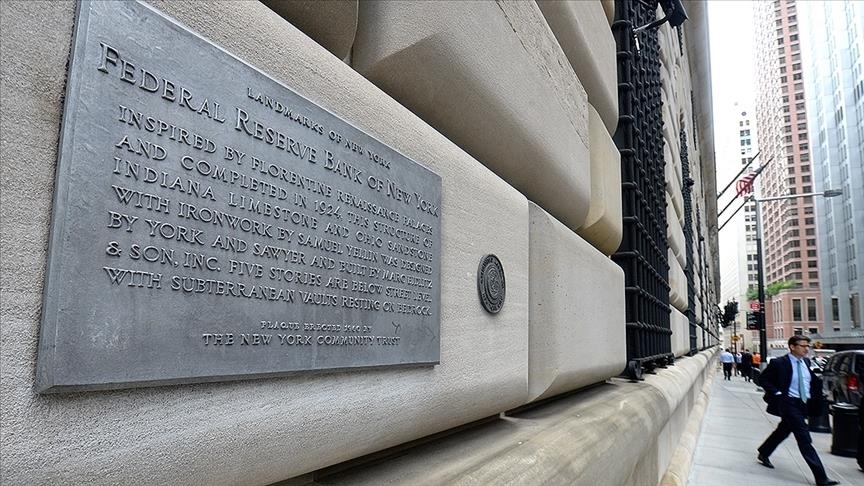The United States Federal Reserve (Fed) once again raised its key interest rate by 0.75 percentage points on Wednesday, in a bid to control rising inflation.
This is the fourth rate increase in five months by the Fed. It comes on the heels of June’s U.S. consumer price index, which put year-over-year inflation at 9.1%.
"Russia's war against Ukraine is causing tremendous human and economic hardship. The war and related events are creating additional upward pressure on inflation and are weighing on global economic activity. The Committee is highly attentive to inflation risks," a statement from the Fed's FOMC read.
Short-term borrowing rates in the US are now between 2.25% and 2.50%, comparable to levels in 2019, before the pandemic. The announcement comes as the Fed is battling to return inflation to its 2% objective.
Related News
- World could be on brink of recession, new IMF report shows
- ECB President sees gloomy economic outlook for Eurozone
One week ago, the European Central Bank (ECB) announced that it would raise interest rates by 0.5 percentage points in a bid to control runaway inflation, which reached 8.6% in the Eurozone in June.
This significant increase will spell the end to the -0.5% negative interest rate offered by the ECB to borrowers since 2014.

